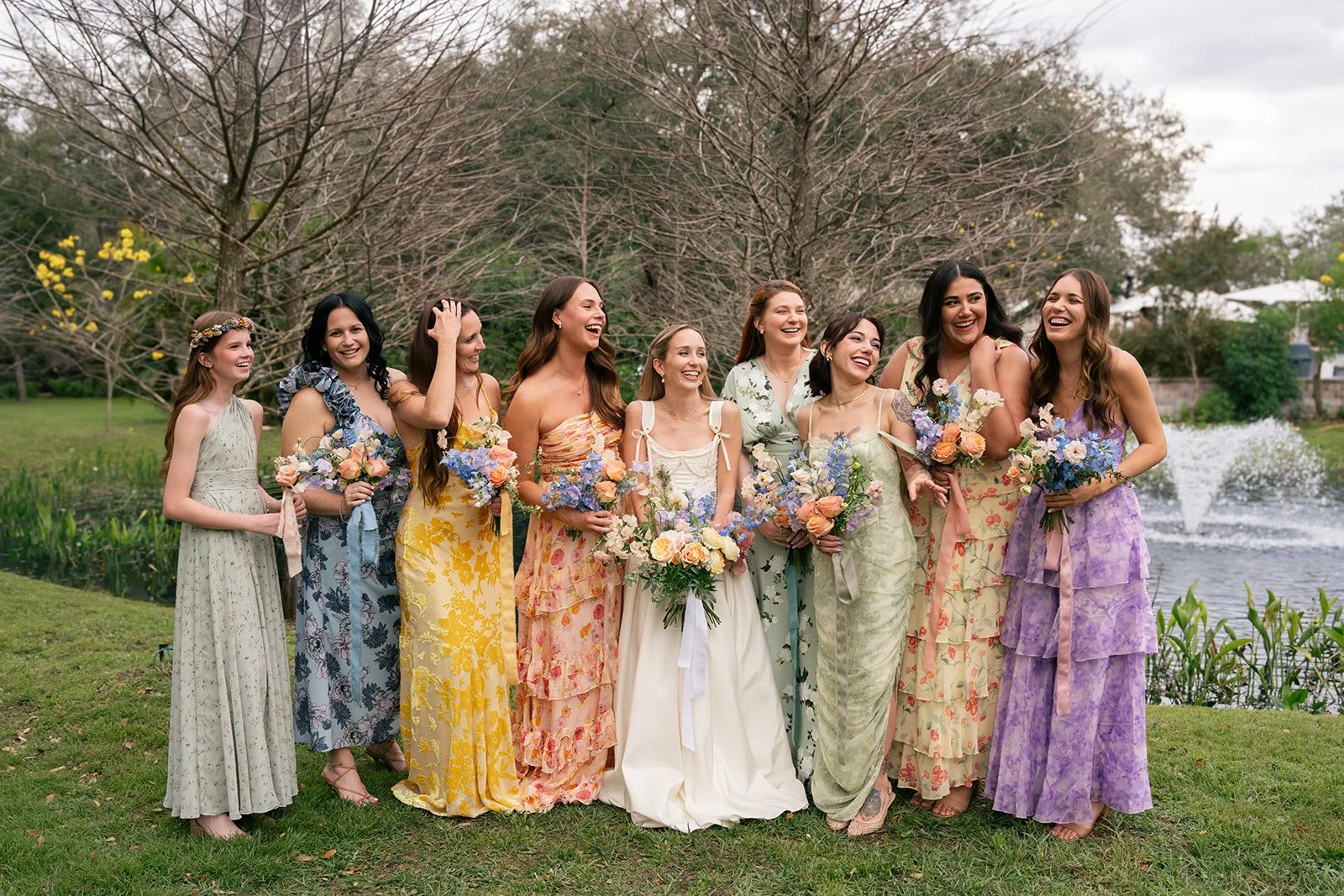Your Guide to Prioritizing What's Important at Your Wedding
Photographer: The Onorato Collective
Planning a wedding can be both exciting and overwhelming, can't it? With so many details to consider, it's easy to feel a bit lost. But don't worry! Focusing on your top priorities can make the process much more manageable and ensure your big day reflects what's truly important to you and your partner. Let's dive into some friendly tips to help you determine your wedding priorities.
Start with a Heart-to-Heart
Before diving into the nitty-gritty of wedding planning, take some time to chat with your partner about your shared vision. Imagine yourselves on your wedding day: What's the atmosphere like? Are you surrounded by a large crowd or an intimate group? Is there a particular location that holds special meaning? Discussing these questions can help you both align on what matters most. As Kelly A. McWilliams, a seasoned wedding planner, suggests, "Sit down with your partner and talk through what you would like your wedding to look and feel like for yourselves and for your guests."
Bring in the Pros
Once you have a general idea of your priorities, consider enlisting the help of a wedding planner. An experienced planner can provide valuable insights and help streamline the decision-making process. Elizabeth Hall, founder of Elizabeth Hall Events, recommends coming prepared with a list of your top three to four priorities. This allows the planner to tailor their services to your specific needs and ensure that your budget aligns with your vision.
Identify What Doesn't Matter
Sometimes, it's just as important to recognize what you don't care about. Maybe you're not fussed about elaborate floral arrangements or fancy transportation. By pinpointing the elements that are less significant to you, you can allocate more resources to the aspects that truly matter. This approach can simplify decisions and keep you focused.
Get Specific with Your Vision
General ideas are a great starting point, but specificity is key to bringing your vision to life. Reflect on past events you've attended: What did you love? What didn't resonate with you? These reflections can guide your choices. Try making concrete, actionable goals with your planner to achieve your desired outcomes. For example, if you cherished a live band at a friend's wedding, consider allocating part of your budget to live music.
Consider the Overall Mood
Beyond tangible elements like venue and décor, think about the overall mood and experience you want to create. Do you envision a laid-back beach wedding or a formal black-tie affair? Understanding the desired atmosphere can influence decisions across the board, from attire to entertainment.
Communicate with Key Players
If family members or friends are contributing financially or offering support, it's crucial to involve them in early discussions about priorities. This ensures everyone is on the same page and can help prevent potential conflicts down the road. Including these parties in early conversations can ensure everyone’s expectations are aligned.
Stay Flexible and Open-Minded
While it's essential to have clear priorities, it's also important to remain flexible. Wedding planning often involves balancing dreams with practical considerations. Being open to adjustments and compromises can lead to creative solutions that still honor your core desires.
Keep the Bigger Picture in Mind
At the end of the day, your wedding is a celebration of your love and commitment. While the details enhance the experience, the most important aspect is the union you're entering into. Keeping this perspective can alleviate stress and keep you grounded throughout the planning process.
By focusing on these steps, you'll be well on your way to planning a wedding that truly reflects your shared values and vision. Remember, it's your special day—prioritize what feels right for both of you, and the rest will fall into place.

